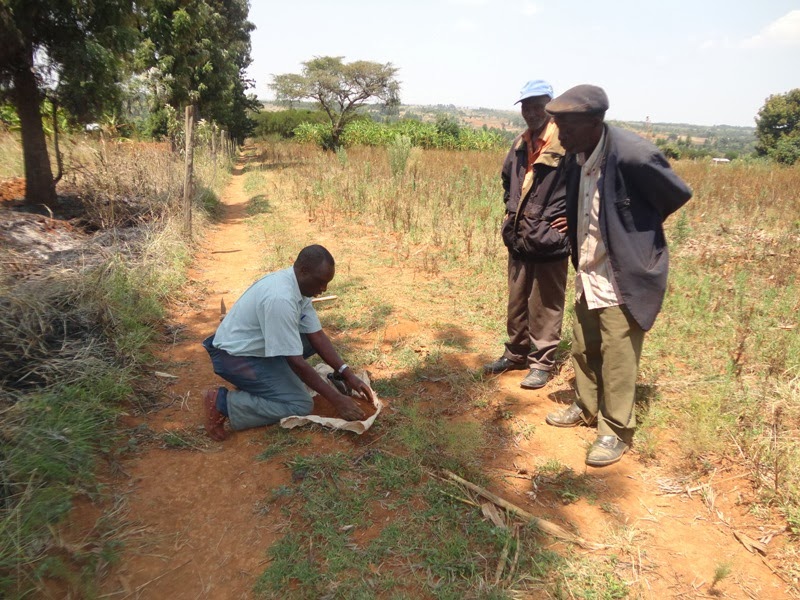By Murigi Ndung’u
It is at this time that the
annunciation of the outcomes and the ranking of the various counties all over
Kenya, that is according to the performance of the secondary institutions. The
elites branded the form four end products are eagerly awaiting with profound
trepidation on the outcomes and anxiously looking forward into joining the
college life.
Though the enormous number of
students awaiting deployment into various universities, it is a sad rigmarole
to latch on the fact that less than three quarters of the students get
positions in various colleges and public universities.
 |
| Students during prize giving day |
This is factored out by the many
impacts of the environment, ethnic background, financial backtracking, poor
performance, uninformed promises that hence or otherwise include blindfolding
three penny jobs, lack of good guidance and counseling, poor role modeling
among other players.
On the contrary there are very many opportunities
offered for the students whose financial background is a really bad and
denigrating nuisance. Scholarships are awash the internet and only a meager
effort is required of the students. For example there is this ‘Reach Oxford
Scholarship’ that many are benefiting from.
To overcome the odds it has to begin
with the real change of attitude on the part of students. Smart brains have
always something to do with discipline the only sure drive to success.
According to the studies done, the biggest fueling factor to better educational
performance is the height of competition in the immediate environment.
The students in the most competitive
areas are known to perform better than the ‘nonchalance’ infested areas. This
includes those areas where education is not accorded the most crucial vitality
as should be the case.
Now the top cream elites that have
been unleashed are bound to bring the anticipated technocracy of 2030 to a near
range, with their studying bombastic courses and stripling ideas and creative
minds. This could also couple the fact that the new world of increased
technological mysteries is on the verge of doubling in magnitude and
efficiency, only to the disadvantage of the human tendency to remain in the
decadent cocoons of ancient practices.
Though it is good to have a new age,
it is advisable to stick to only the benefitting portion that comes with it. It
could be a mistake to mix old and new wines but old and new wisdom mix
admirably.For a better future, a sacrificed today is important. It is also
easier to rob by setting a bank than holding up a bank clerk.
The toil of the present is always a worthwhile advent. With
the cognizance of the competitiveness of our present dispensation, it is a
better option to choose wisdom and standing in an informed ground will offer a
better aftermath.


















